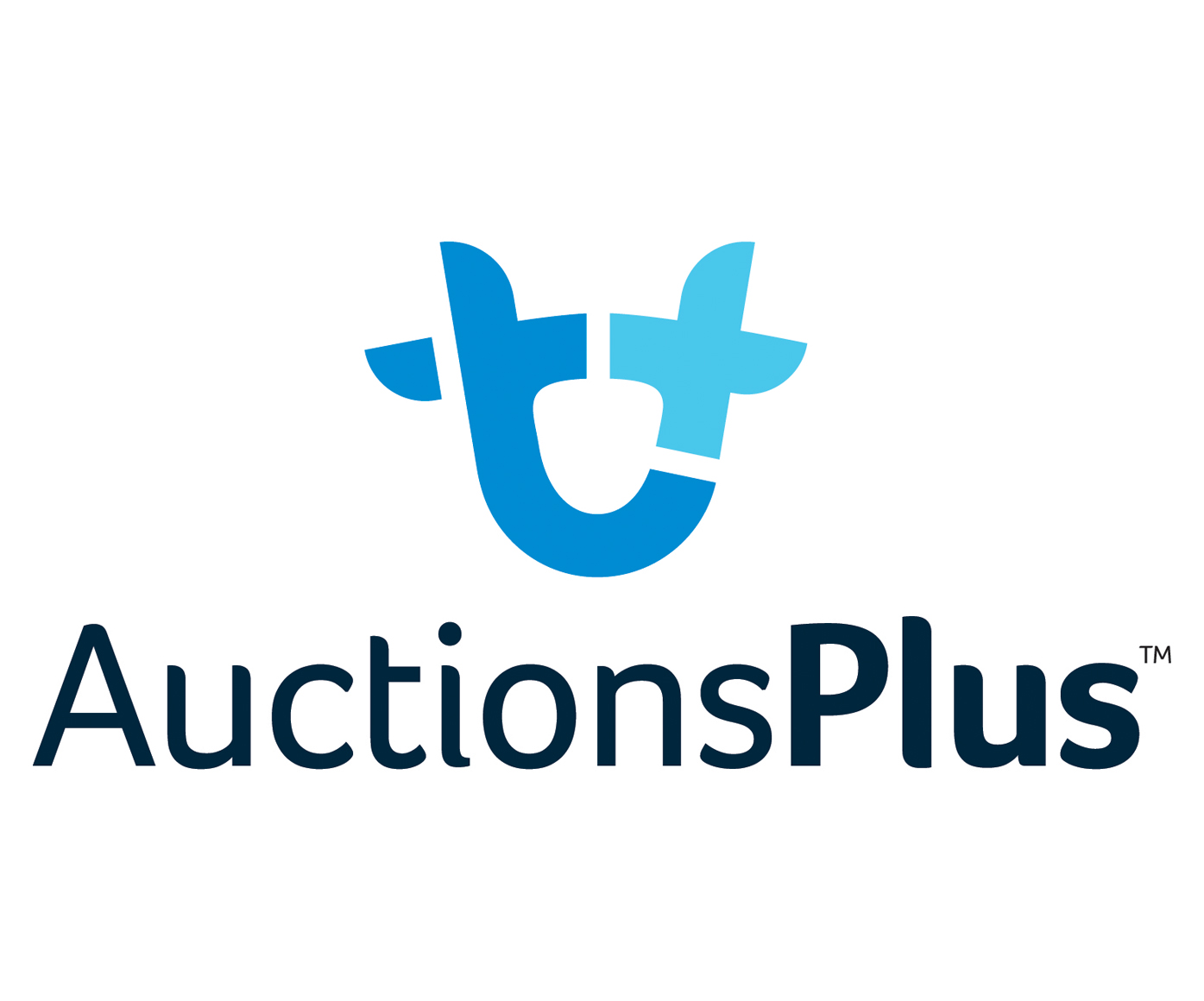In partnership with key domestic and international customers, Greenham has launched a dairy beef program, focusing on producing high-quality beef cattle from dairy herds.
The program, which is being piloted with a number of Tasmanian dairy businesses, will produce dairy-cross beef cattle that meet stringent quality requirements and address key consumer purchase drivers.
The supply chain will provide a valuable alternative pathway for dairy-cross calves and eligible finished cattle, and will contribute to maintaining year-round supply for Greenham’s premium programs.
Greenham Livestock Supply Chain Manager, Jessica Loughland said intake for the new program was expected to extend to all southern Australian states by the end of 2022.
“We’re excited to work with Tasmanian dairy businesses to build a program that is mutually beneficial and sustainable in the long-term,” she said.
Dr Sarah Bolton, of Dairy Australia’s animal health and welfare team said that Dairy Australia looked forward to seeing opportunities offered by the new program come to fruition.
“Moving into the future, it is vital that the dairy industry can access sustainable options for managing surplus calves that not only align with community expectations, but also benefit the farm business and animal welfare,” she said.
“Opportunities where players along the supply chain can work together helps improve confidence in return on investment, allowing for optimised production and ultimately ensures the quality of the end product.”
ALLCATTLECONSIGNEDUNDERTHEPROGRAMMUSTBE:
| RAISING CLAIM | KEY REQUIREMENT |
| 100%grassfed | Not fed grain or grain by-products. Grain-free calf starter rations are available in the market today. |
| Lifetime traceable | Cattle must be individually traceable for their whole lives. Traceability can be recorded using NLIS tags and further strengthened by farm management tags and on-farm record keeping. |
| Lifetime antibiotic-free | Including rumensin lick blocks and antibiotics in milk replacers or feed rations, but not drenches. Animals that need to be treated for illness must be tagged and recorded, and will not be discounted at processing. Antibiotic-free milk replacers are available for purchase. Probiotics can also be used. |
| No addedhormones | Livestock must be HGP-free and not fed finishing diets that include therapeutic antibiotics or steroids. |
| GMO-free | Supplementary feed cannot contain genetically modified cotton or canola. |
| Freerange | Never confined to a feedlot. Once weaned, calves should have continuous access to pasture. |
| Certified HumaneTM | Mandatory use of pain relief for castration, disbudding and dehorning. On-farm euthanasia of healthy calves is prohibited. |
| Dairy beef-crossgenetics | Cattle must be at least 50% British, Euro or Wagyu beef breeds with bull selection aimed at achieving a balance of desired traits for both dairy and beef enterprises. |
| Meat StandardsAustralia (MSA)eligible | Cattle must come from an MSA-registered property and meet the minimum standards for MSA grading, including a pH of less than 5.71 and at least 3mm of rib fat. |
Greenham launched the program at a series of producer information and consultation sessions held across Tasmania in July. To obtain a copy of the program standards or to discuss opportunities for your business contact your local Greenham cattle buyer or complete an online expression of interest form at https://forms.office.com/r/nrrc6T2wmi
Greenham can offer a set price for accredited calves where bull genetics are either supplied or approved by Greenham.
Important traits to focus on for dairy beef bull selection include:
Success at the dairy
• Calving ease
• Gestation days.
Success for the calf rearer/backgrounder
• 200 day weight
• 400 day weight.
Success for the finisher
• 600 day weight
• Eating quality
• Meat yield.













